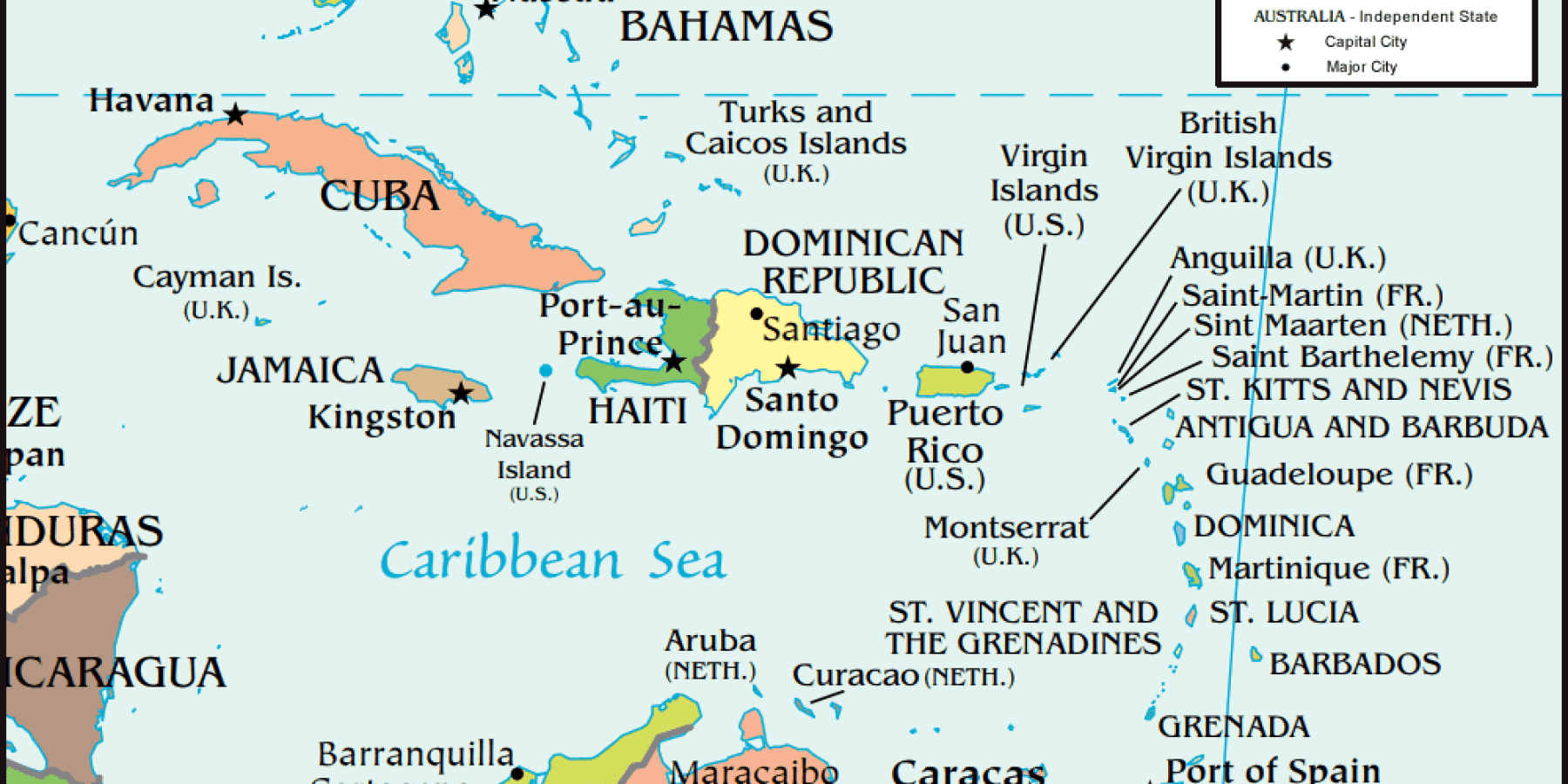
Melissane Schrems
Support
For centuries, slave narratives and black history, specifically those of African Americans, have been researched and taught at all academic levels. The stories of Harriet Tubman and Frederick Douglass stand out as markers of American Liberation and black agency. Although the movements sparked by these revolutionaries are exemplary, they are a double-edged sword. Douglass and Tubman are luminaries of the black experience. However, they are considered anomalies in the larger mainstream narrative, two of the few slaves who dared to fight for their freedom. Thus, the master narrative manages to uplift them while hiding others, transforming African North American slave narratives into a singular Black freedom narrative simultaneously. However, what about the Caribbean? What about my ancestors and those of many Americans who toiled in the West Indies after being transported from Africa? What are the intersections of fights for freedom across the diaspora, and how do they unify us? This project explores the confluence of the African diaspora and the role of Caribbean slave revolts in impacting not just the American abolitionist movement but also international abolition.
